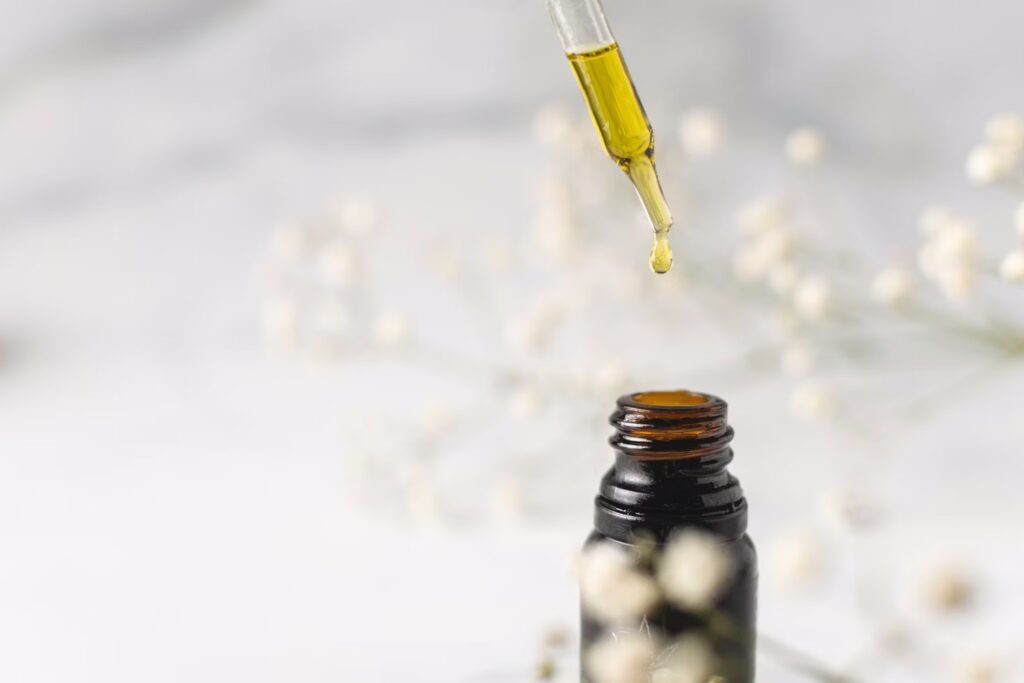
So, you’re thinking about getting into the CBD game in North Carolina? Great timing; there’s a buzz around the industry (pun intended).
Whether you’re eyeing retail shelves or planning to grow hemp, there are a few hoops to jump through.
But don’t worry, we’ve broken down everything you need to know about licensing and costs, without the legal mumbo jumbo.
Firstly, Is CBD Legal in North Carolina?
Yes… and no. There are caveats. We’ll explain below.
CBD that comes from hemp (not marijuana) and contains less than 0.3% THC is legal in North Carolina.
This aligns with the 2018 Farm Bill, which legalized industrial hemp federally. That said, North Carolina still hasn’t fully legalized marijuana, so you’ll need to stay within the state’s hemp-friendly, but marijuana-cautious lane.
If you’re selling or working with CBD, your products need to meet federal THC limits and avoid making any medical claims.
Oh, and putting CBD into food? Still a no-go for now, and according to the Assembly, NC plays by the FDA’s rules.
Do I Need a License to Sell CBD in NC?
Surprisingly, not really, despite all the regulations in place. You can walk into a downtown Durham health store and be amazed at the products on display – all natural.
If you’re just selling CBD products that are already manufactured and compliant with the law, you don’t need a special state-issued CBD license in North Carolina, advises Think Canna.
You will, however, need a general business license to open any other shop, like a natural supplements store. Natural Life says these specialty stores offer premium CBD, THC, kava, kratom, medicinal mushrooms, and other herbal supplements. And, there’s no special permit or license required.
But if you’re thinking of making your own CBD gummies, tinctures, or anything consumable, there’s a little more paperwork involved.
Can I Make My Own CBD Products?
Remember what we said about paperwork? Here’s where bureaucracy rears its head.
If you want to manufacture or sell hemp-derived consumables (CBD oil, gummies, or capsules), you’re entering a more tightly regulated zone.
Proposed laws like House Bill 563 lay out a licensing structure for different parts of the supply chain. This includes processing, distributing, and retailing.
Here’s What the Licensing Costs Look Like:
- Manufacturing License: $5,000
- Distribution License: $750
- Retail License: $250 per location or online store (capped at $5,000 total if you run 25+ shops)
Each of these licenses needs to be renewed every year, and yep, the renewal cost is the same as the initial fee.
What Are the Other Costs Involved?
Getting a license is just the tip of the iceberg. Starting a CBD business in NC means budgeting for a few extras.
According to industry experts, the full cost to start a small-to-midsize CBD business in North Carolina can range from $5,000 to $50,000+. And that depends on what you’re building and how vertically integrated you are.
Possible Expenses List:
- Business Registration: Set up your LLC or other legal entity through the NC Secretary of State
- EIN (Employer Identification Number): Free from the IRS, but essential
- Product Testing and Quality Control: If you’re making your stuff, testing for purity and THC levels is a must
- Insurance: Don’t skip product liability and general liability
- Banking and Payment Processing: Not all banks want to deal with CBD. You’ll need a processor familiar with the industry.
Is it Worth the Effort?
That’s totally up to you. The CBD industry in North Carolina is growing steadily but cautiously.
Right now, it’s not as saturated as in some other states, which means there’s an opportunity, especially for small, local brands that focus on quality and transparency.
Here’s the bottom line: It’s not a side hustle. Between licensing, testing, insurance, and compliance, you’ll need to treat this like any other full-fledged business.
Start with choosing your business type, and draw up your basic startup budget. Factor in other costs as well.
Understanding the licensing requirements and planning your budget carefully are key to setting your business up for success. As regulations continue to evolve, staying informed and compliant will go a long way in building a sustainable and trustworthy brand in the CBD industry.
It’s important to understand what’s required; not just legally, but financially and operationally. The industry is still growing, and North Carolina offers a real opportunity for entrepreneurs who are prepared and professional.
If you’re ready to put in the work and the capital, it can be worth it.







